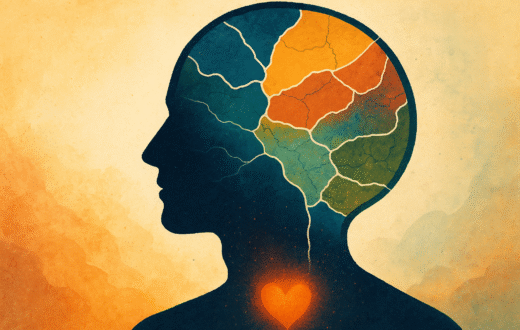Shame: Wound or Wake-Up Call?

If you’ve ever felt shame, you know it doesn’t just sting—it lingers. It might show up as a burning sensation in your chest, a flush across your face, or that inner voice whispering, “You’re not good enough” Shame is paradoxical: it can feel like a weight that holds you down and yet also a spark that drives you forward.
Throughout history, shame has been seen both as a moral compass and a source of emotional pain. It can inspire us to act with integrity, restrain harmful impulses, and connect us to collective values. But it can also isolate us, creating silent suffering that limits joy, ambition and connection.
Freud believed that shame begins to lose its grip when we express what once felt unshareable, when we are met with empathy instead of judgment. I’ve witnessed people reclaim a sense of freedom just by naming what they once hid. But here’s the twist: shame can also have a strange vitality. In youth, in ambition, in the longing to be seen, it sometimes acts as fuel. That drive to rise, to stand out, to do better, it’s often tangled with shame’s presence.
We live in a time where shame is both critiqued and dismissed. Rightfully, many forms of shame, especially those inherited through trauma, cultural judgment, or religious rigidity, must be unlearned. Healing requires us to bring these hidden burdens into compassionate light. But in rejecting shame entirely, we may also lose its moral edge. Without any internal tension, might we drift too far from aspirations like dignity, responsibility, or self-restraint?
There’s no clear formula. Shame can narrow a life, or sharpen it. It can harm, and it can teach. What matters is whether we bring it into awareness, trace its origins, and ask: Whose voice is this? Is it mine? Is it kind? Is it helping me grow?
So here’s the invitation: Reflect on where shame has silenced or shrunk you and where it may be challenging you to grow. Speak it, if only to yourself. Or to someone safe. Let it breathe. Let it soften. Let it lose its control.
And perhaps, most of all, ask yourself this: Are you brave enough to face not just shame, but life itself?




